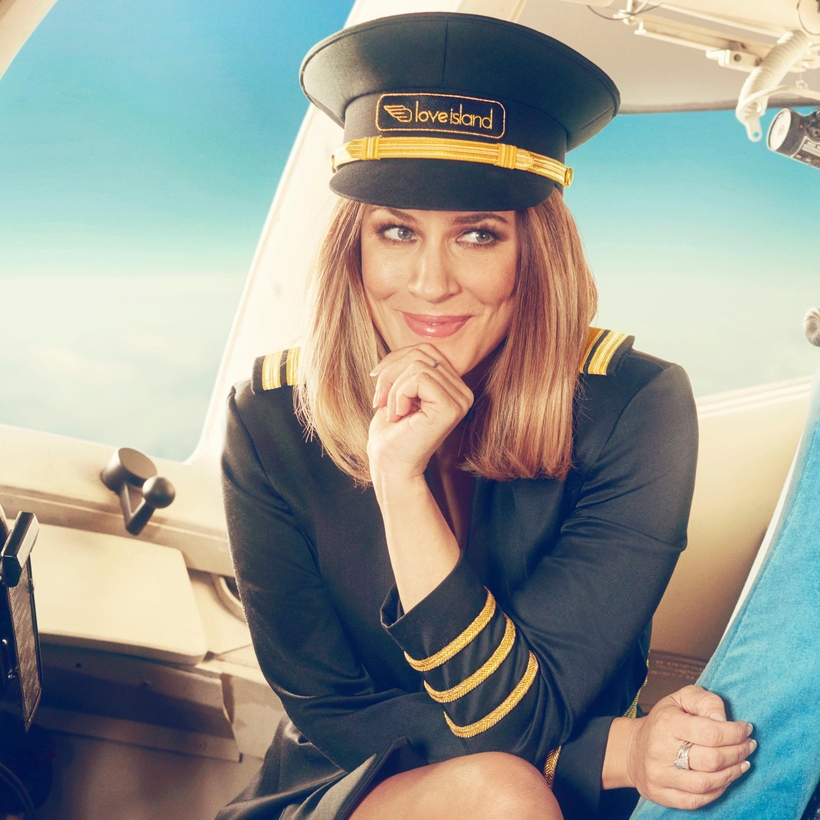Season Six of Love Island came to an end on Sunday night. After 43 daily episodes full of fighting, flirtation, and under-the-covers fondling, the winners of the reality contest were finally revealed as Finley Tapp and Paige Turley. One is a semi-professional football player. The other is a former flame of singer Lewis Capaldi. Together they will split their $64,500 prize and enjoy roughly six months of lucrative Instagram sponsorship deals before they split up, wear out the last vestiges of their celebrity, and cede the spotlight to two other swimwear-clad innocents.
But in truth, Tapp and Turley won’t experience the same level of exposure as previous Love Island winners have. Even the BBC News story about this year’s finale didn’t mention their names until the eighth sentence. And this is because Season Six of Love Island will be remembered for only one thing: the tragic death of its former host, Caroline Flack.


